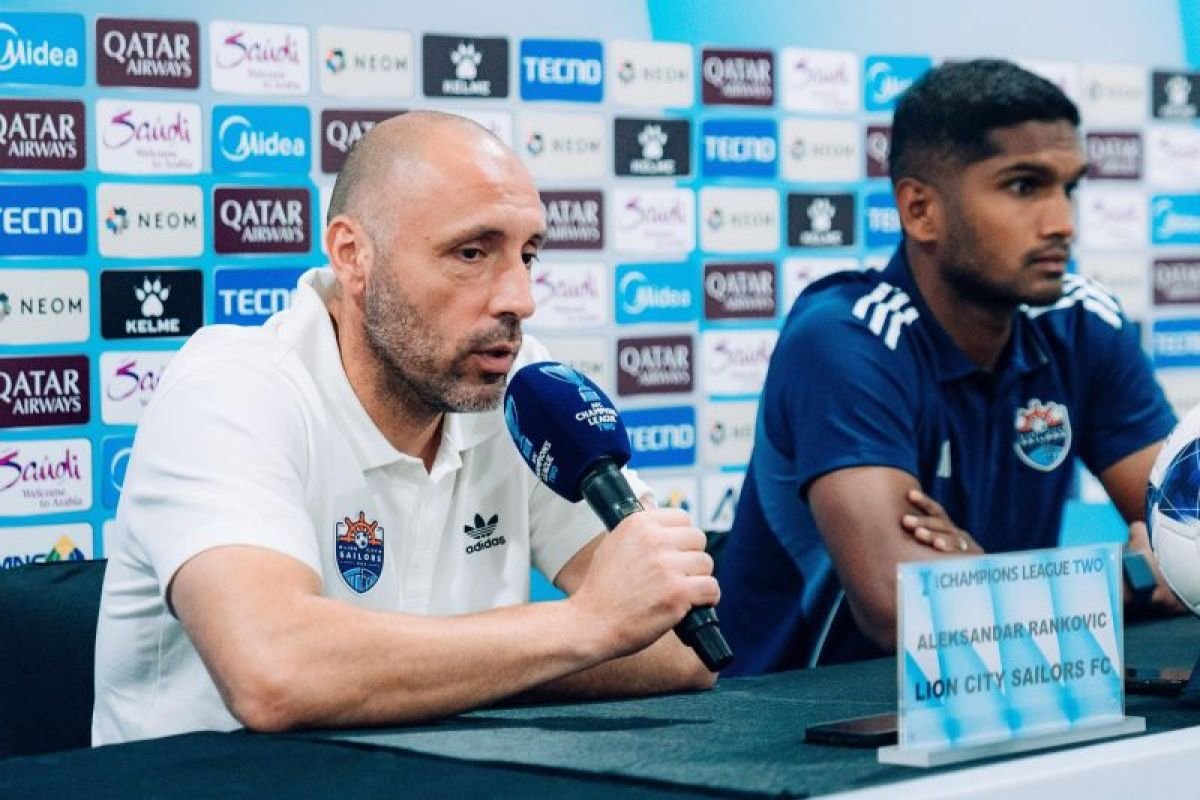Prabowo Subianto Inaugurates 17 FIFA-Standard Stadiums Across Indonesia: A New Era for Indonesian Sports
In a landmark event for Indonesian sports and infrastructure, President Prabowo Subianto has officially inaugurated 17 FIFA-standard stadiums across the archipelago. This ambitious initiative aims not only to elevate the nation’s sporting capabilities but also to enhance its global standing in athletics, particularly in football. The inauguration ceremony, held at the Gelora Bung Karno Stadium in Jakarta, marks a significant step in Indonesia’s efforts to foster a new generation of athletes.
A Vision for Sports Development
The initiative to construct these state-of-the-art stadiums aligns with President Subianto’s broader vision of transforming Indonesia into a formidable force in the world of sports. The commitment to FIFA standards ensures that these venues not only meet international criteria for hosting major sporting events but also provide an exceptional experience for athletes and fans alike. With a focus on sustainability and modern design, each stadium has been equipped with the latest technology and facilities.
“Today, we are not only building stadiums; we are building a legacy,” President Subianto stated during the inauguration. “These venues will be the cradle of future champions, and they will unite our diverse nation through the love of sports.”
A Boost for Local Economies
The inauguration of these stadiums is expected to stimulate local economies, creating jobs and boosting businesses within the surrounding areas. Each stadium is designed to host various sports events, concerts, and community activities, ensuring that they remain vibrant hubs of activity even outside of major sporting events. Local governments have been encouraged to develop surrounding infrastructure, including transportation links, hospitality services, and entertainment options, to fully capitalize on the influx of visitors these venues will attract.
Enhancing Football Capabilities
Football, being the most popular sport in Indonesia, will significantly benefit from these new stadiums. With upgraded training facilities and competition venues, the country aims to nurture a robust national team capable of competing on the international stage. The FIFA-standard stadiums will also provide local clubs with the opportunity to host higher-profile matches and tournaments, fostering a stronger domestic league.
In addition to football, these stadiums will support various sports, including athletics, basketball, and swimming, encouraging a more balanced development of athletic talent in Indonesia. The government has committed to investing in training programs and grassroots development, ensuring that these new facilities benefit athletes at all levels.
A Step Towards Hosting International Events
Indonesia has long aspired to host major international sporting events, including the FIFA World Cup and the Asian Games. The inauguration of these 17 FIFA-standard stadiums positions the nation as a viable candidate for such tournaments in the future. With the infrastructure now in place, Indonesia can present a compelling case to international sports organizations, showcasing its capacity to host large-scale events with world-class facilities.
Sustainability and Community Engagement
In line with global best practices, emphasis on sustainability has been integral to the design of these stadiums. The facilities incorporate eco-friendly technologies, such as rainwater harvesting, solar energy systems, and green spaces that promote biodiversity. Additionally, the government has committed to engaging local communities in the upkeep and programming of these venues, ensuring that they remain accessible to the public and serve as focal points for community gatherings.
Conclusion
The inauguration of these 17 FIFA-standard stadiums by President Prabowo Subianto is a pivotal moment in Indonesia’s sports history. Beyond enhancing the nation’s athletic capabilities, these venues signify a commitment to community, economic development, and sustainability. As the country looks to the future, the focus will be on cultivating homegrown talent and bringing international sporting events to its shores—ultimately uniting the nation through the passion of sport and creating opportunities for future generations.









